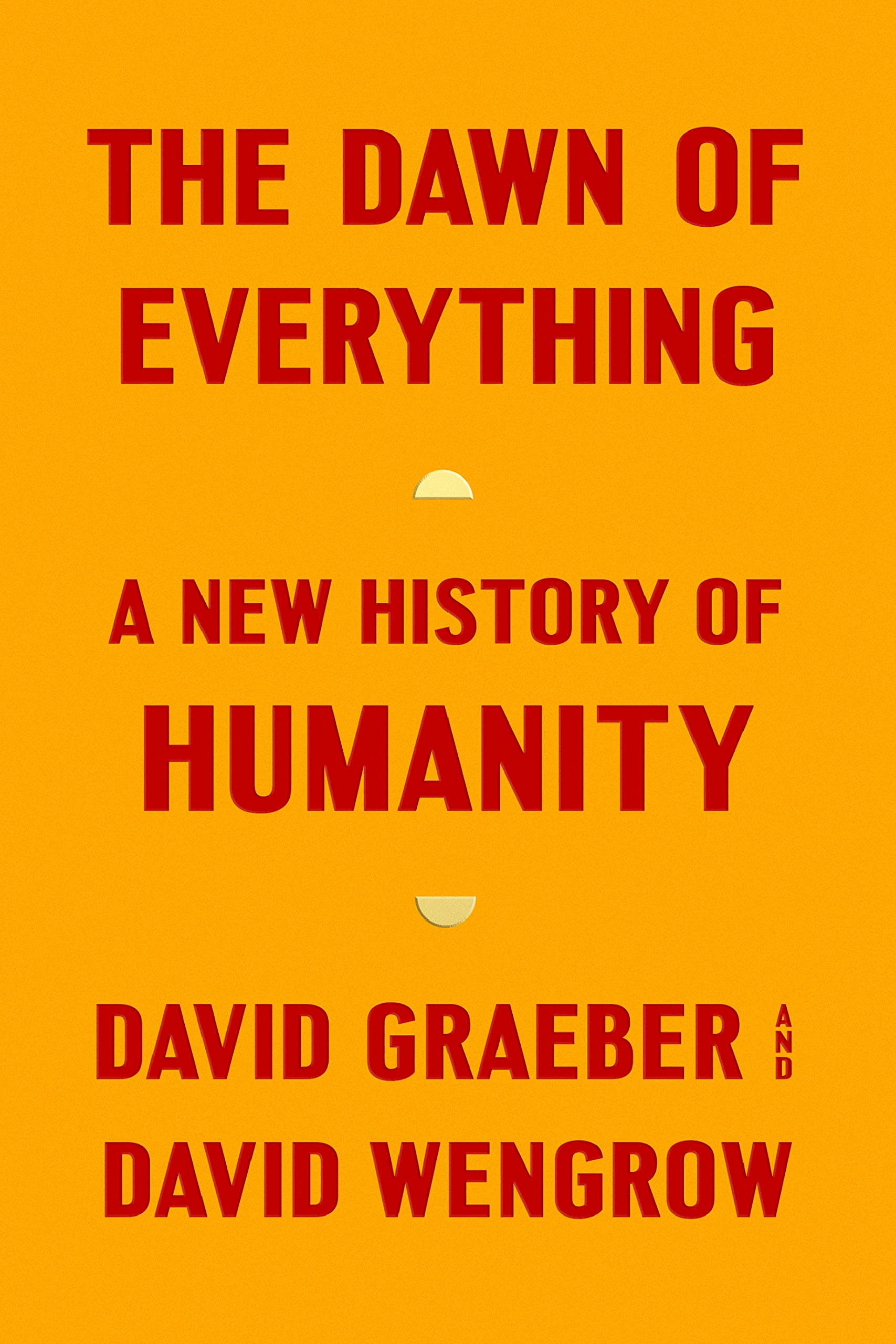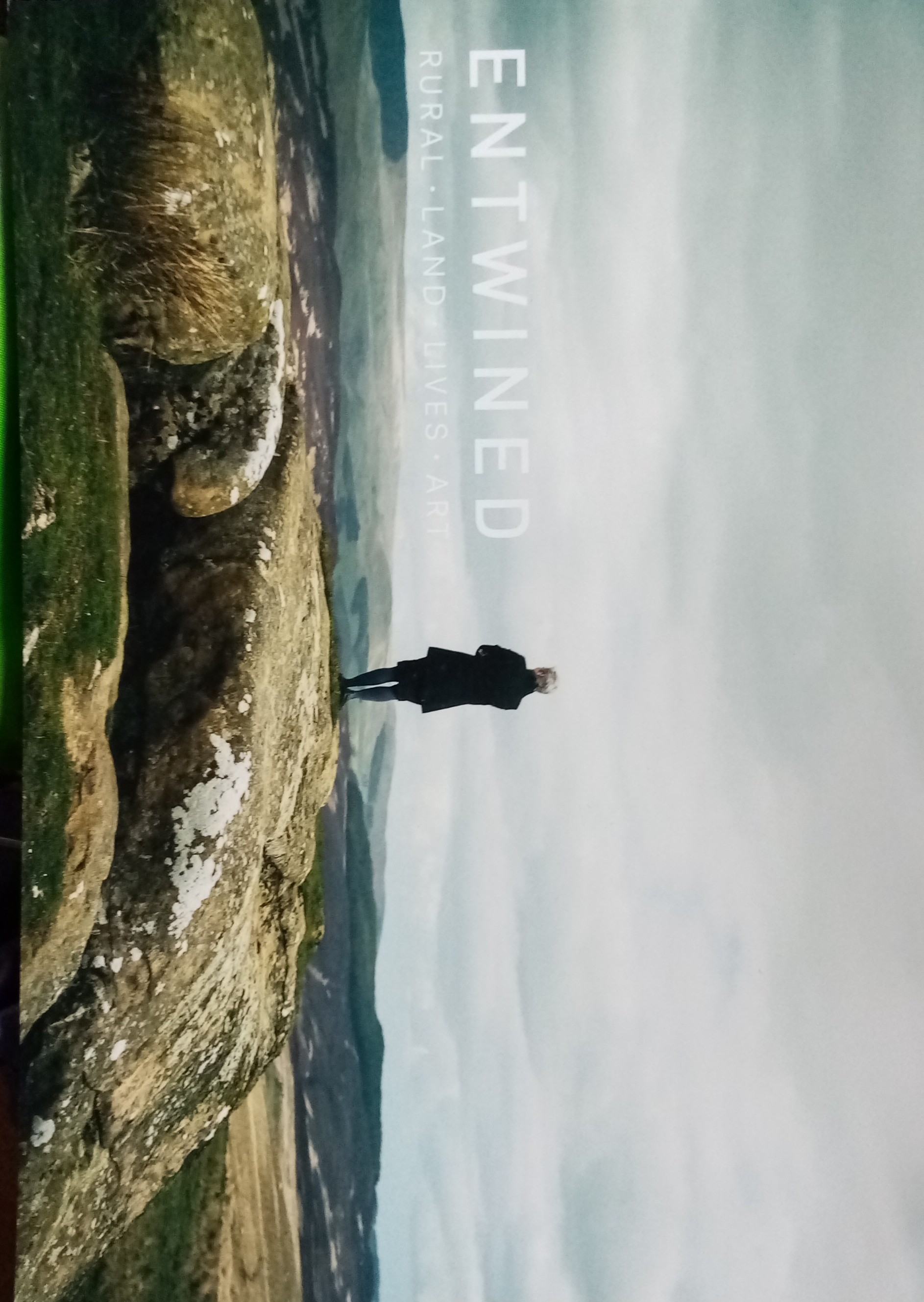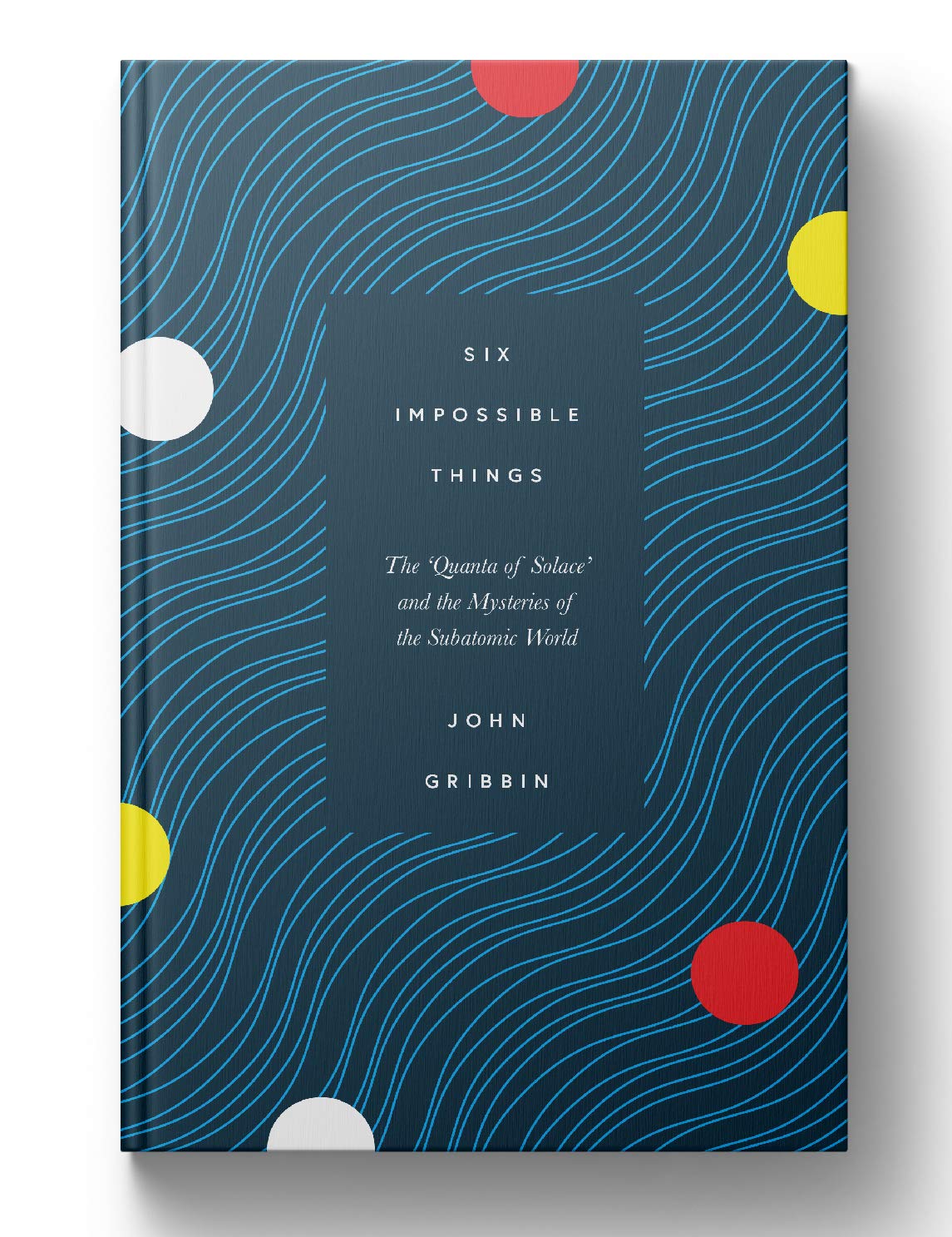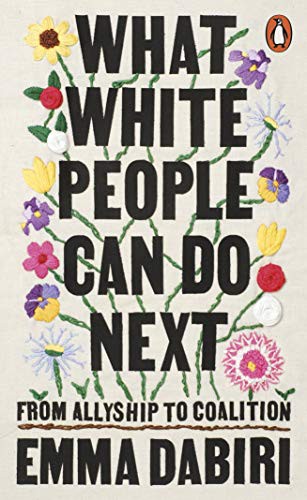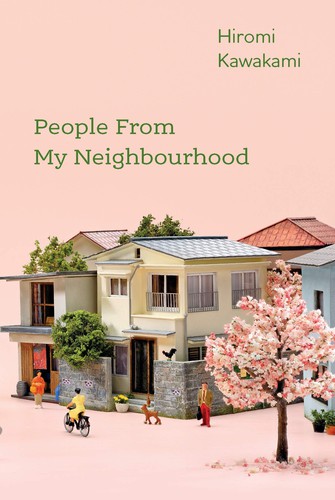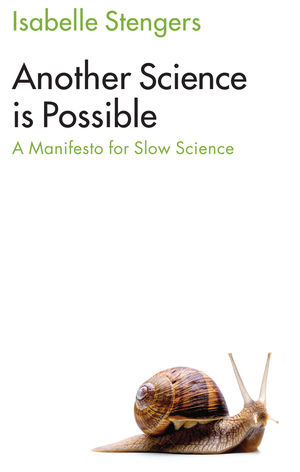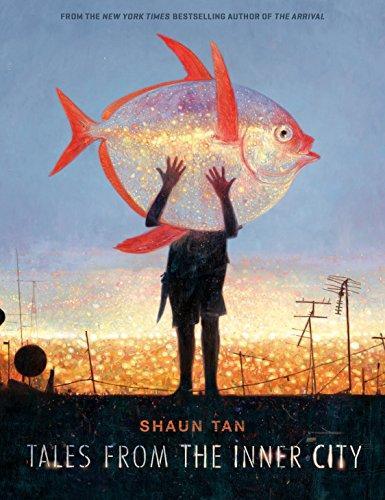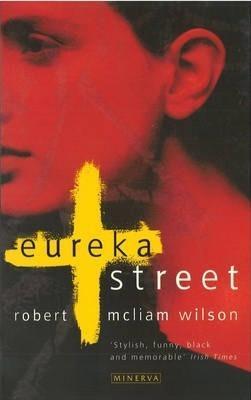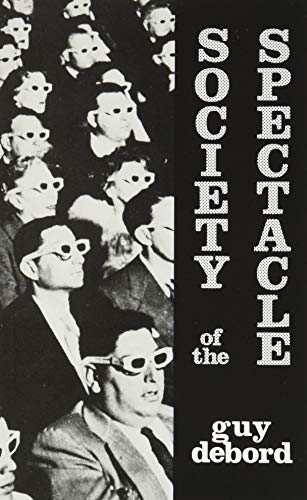Fionnáin reviewed The Dawn of Everything by David Graeber
It matters what thoughts think
4 stars
A tale of two David's: Graeber's final book, co-authored with Wengrow, is an epic volume of archaeology and anthropology that decentres and challenges accepted patterns of western thought that many social scientists present as facts. In particular, the authors take aim at books like Sapiens by showing how they proliferate accepted but unproven myths about human behaviour without following the evidence. As a book of critique and challenge, it is funny, thoughtful, and sharp. Some of the ideas, such as that the European idea of democracy may have originated from colonised Native American cultures, are radical but well argued.
Despite this, there are some flaws. A couple of chapters run far too long with too much repetition, and the scope of societies that are used to construct the arguments is limited. Also, there is a repeated insistence of humanist thought, dismissing animal or nonhuman relationships as unrelated to the story. …
A tale of two David's: Graeber's final book, co-authored with Wengrow, is an epic volume of archaeology and anthropology that decentres and challenges accepted patterns of western thought that many social scientists present as facts. In particular, the authors take aim at books like Sapiens by showing how they proliferate accepted but unproven myths about human behaviour without following the evidence. As a book of critique and challenge, it is funny, thoughtful, and sharp. Some of the ideas, such as that the European idea of democracy may have originated from colonised Native American cultures, are radical but well argued.
Despite this, there are some flaws. A couple of chapters run far too long with too much repetition, and the scope of societies that are used to construct the arguments is limited. Also, there is a repeated insistence of humanist thought, dismissing animal or nonhuman relationships as unrelated to the story. This seems to reinforce another myth of exceptionalism and also ignores many of the beliefs and philosophies of the same cultures that are held up as examples in the book.
Despite these flaws, the challenges and ideas are well worth reading and considering in a frame of knowledge, and the writing (particularly Graeber's signature biting wit) is excellent.

